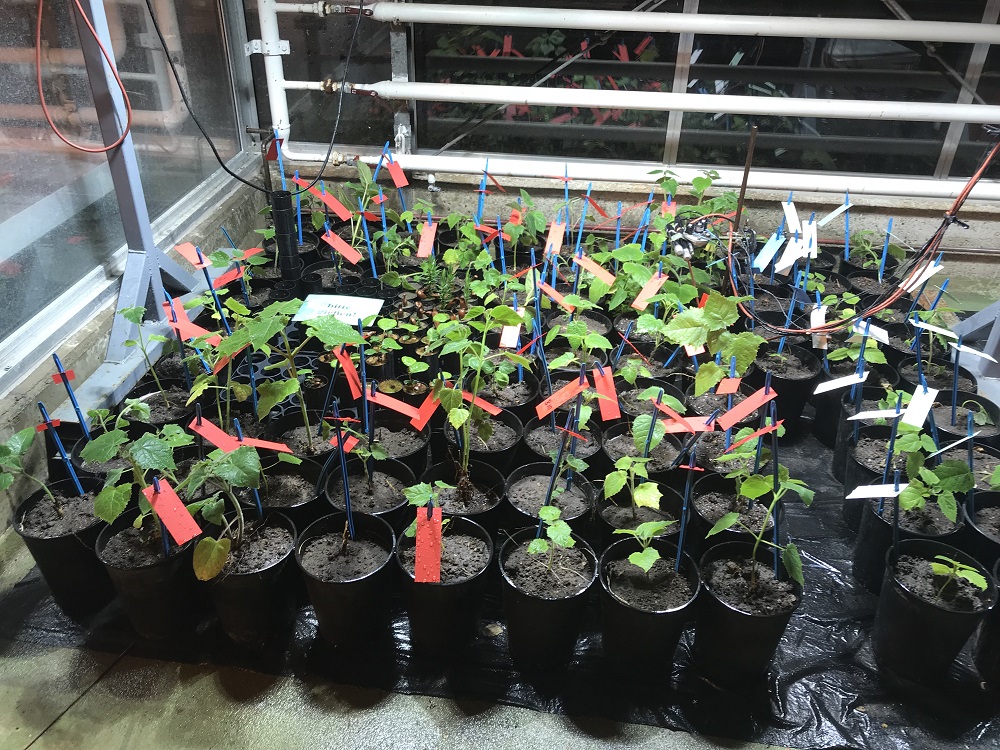
Where trees find enough light, heat and water, they form forests. Forest trees bind between 60 and 2,000 tons of organic material per hectare, making them the largest biomass reservoirs on the continents. Since about half of the wood substance is carbon, forests after the oceans are the largest carbon sinks in the biosphere and therefore important for the carbon footprint of the Earth's atmosphere. Trees regulate precipitation and are part of the water cycle. Trees cleanse the air. A single tree can take up to 5 kg of air pollutants a year and produce up to 130 kg of oxygen over the same period. The trees stabilize the soil and help against increasing devastation of land. We need more trees!
The ProTerra needs fresh water for humans and animals. This is obtained with the help of a desalination plant from seawater. The used water is collected again and recycled. With the help of drip irrigation beneficial tree plantations are created on the farm site. Here, too, we are breaking new ground: We have already planted the Moringa. There are trial plants with Paulownia, the fastest growing tree in the world. We plant the locust tree and the neem tree. All woody plants have in common that they can be extracted from valuable extracts - or directly the leaves are used as fish food. (The high content of protein, carbohydrates, vitamins etc makes Moringa the perfect food for humans and animals)